"Education has three faces." "Education is an atmosphere, a discipline, and a life." "Education is the science of relations." Charlotte Mason wrote her books over a century ago. How might these ideas look today? 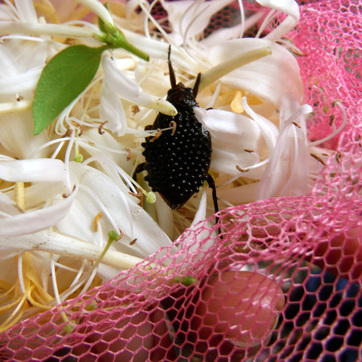 Our nature walks embody the three faces of education as well as the science of relations. Two weeks ago, on our first trip to a Carolina Bay, we came across a water bug that's probably not on any standard for "must-study" insects (i.e., bees, butterflies, ladybugs, etc.). To get a clear picture, someone tossed it in this net full of honeysuckle. We plopped it back in a Mason jar of bay water and brought the curious creature with the bumpy back to school for further study. Some believe atmosphere depends upon classroom decorations, appealing graphics in textbooks, modern technology, and kid-friendly books that entertain while educating. However, we think bringing the world down to a "child's level" dulls the mind. First, it sows the idea that learning happens only at school. Home isn't full of textbooks and educational posters. Neither is the store nor the outdoors. Second, facts must be boring if teachers have to works so hard to make it look appealing. Third, it implies that, once we leave school for the day, weekend, holiday, summer, or forever, we stop learning. When free of the bonds of school, we seek entertainment rather than life-long learning. Harvest relies upon the real world of books and things for knowledge. Our school has the most sophisticated science laboratory ever equipped. It's full of ideas for inquiry. It's also free. It's called the outdoors, and studying nature is the best foundation for science we can imagine. For example, this cockroach-like water bug raises many questions. What is it? What are those bumps? What should we feed it? Why does it seem reluctant to swim? We turned to our community for help since education is the science of relations. A mom in one of our homeschool families texted a photo to her father, an entomologist. He classified it as something in the Belostomatidae lethocerus family, which grows to four inches long! He even identified its gender as male. Why? Because the mother lays her eggs on the father's back, which he carries for about two weeks until they hatch. We all grew excited when we realized we might see young water bugs emerge before the school year ended. One scary aspect of the science of relations is that teachers never know when something beyond our knowledge will arrive on the scene. That's okay! The water bug sent us all on a quest for knowledge. We studied with our students. While we guided them in finding answers, we had no idea of what to expect on hatching day. It's hard to find eyewitness accounts on such an obscure topic!  Monday, May 12, was an exciting day. Over the weekend, some families decorated the school for our headmaster's birthday! Her own children kept dawdling and forgetting things to make her late, so that all the students school could shout "Surprise!" when she walked in the large room. The eggs looked "like cylinders" according to one student. Someone said, "Wouldn't it be cool if the toe-biters hatched on Mrs. Angie's birthday?" God must have a sense of humor for we noticed two wee nymphs hovering around their daddy at noon, exactly ten days after we found him. She might be the only person who has ever been serenaded with "Happy birthday, Mrs. Angie and the toe-biters." Two days later, a few lucky students had the great joy of seeing one hatch. The pale-yellow nymph that emerged shocked us! Such a lovely lemony color! We learned that they turn brown within the first hour of life — a factoid hard to find in your average article about these water bugs. We even posted a video on our facebook page to share with friends and family. After four days, the entire family huddled close together. Education is a life when new lines of thought emerge in the mind, and our experience with the toe biter family offered many! Some students likened them to seahorses and penguins because the father cares for the eggs. We couldn't believe that such small creatures could kill a small snake until we watched daddy and his kids gang up on a minnow! Daddy injects his prey with a toxin that liquifies the body's interior so that he and his nymphs can insert their proboscis and slurp a meal. We wondered about what kind of food he ate: we tried an ant, earthworm, and mealworms as well. Then, we began to plot when and where we would release the gruesome family. Oh, yes, gruesome for cannibalism is one way they feed as we saw with our own eyes. One student concluded, "I think God must have created toe-biters after the fall. I can't imagine how they're good." Education is also discipline in developing habits that support the nourishment of mind, body, and spirit. Nearly every week, we walked Santee National Wildlife Refuge: rain, shine, wind, snow, and ice. When the park was closed, we found other places in our area to walk. On special occasions, we explored other sites. At first, some children were not used to walking over a mile and complained of exhaustion. Now, they eagerly seek rabbit trails. At first, some found very little to interest them. Now, they stop all the time to study something interesting. At first, they didn't know the proper stewardship of the critters in our care. Now, they beg to take turns to feed the fish, frogs, turtles, anole, and toe-biters. We are thrilled to see how our children have flourished under the three faces of education (atmosphere, discipline, and life). Every day, they apply the science of relations (making connections in a world of living ideas). While they may not understand what these words mean, they know how to live them. "Give children a wide range of subjects, with the end in view of establishing in each case some one or more of the relations I have indicated. Let them learn from first-hand sources of information — really good books, the best going, on the subject they are engaged upon. The teacher's business is to indicate, stimulate, direct and constrain to the acquirement of knowledge, but by no means to be the fountain-head and source of all knowledge in his or her own person. The less parents and teachers talk-in and expound their rations of knowledge and thought to the children they are educating, the better for the children.... They will ask for help if they want it."
4 Comments
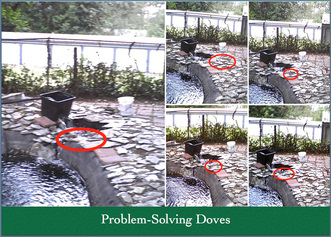 God placed many lessons for parents and teachers in the outdoor life. Today, a student and I watched two mourning doves solve a problem. They landed between the water filter (black bin) and white bucket. The couple waddled to the edge of the mini-pool, peered into the splashing water, and realized they could not drink without taking a tumble. They did not frantically rush about nor flail. They cautiously strolled around the pool until they reached the waterfall. One took the lead, leaned over, and drank without mishap. This morning, a similar thing happened with one of our students. His brother had fixed a breakfast sandwich for him. He took one bite of it in the car and then another, but rejected it because of mayonnaise. Sometimes, he likes mayo; sometimes, he does not. Today, he did not. Skipping breakfast is not an option for him because of headaches. So, when they arrived at school, his mom told him that he had to eat half the sandwich. Fuming and fussing, he did not process reasons why he needed to eat breakfast. Mayo is not my favorite condiment either, and I did not relish forcing a someone to chow down something I did not even like. Like the doves, I did not rush the student over the edge and demand him to eat on command. I let him sit quietly and calm down. He turned to me and said, "Mrs. Tammy, can I wipe off the mayo?" Happy to stall, I said, "Of course!" He opened the sandwich slowly. Then, he pulled off a piece of meat covered in mayo. I noticed the remaining two were slathered in mustard. He took a napkin and began to wipe the piece of mayo bread. I studied the meat sitting on the mustardy slice of bread with meat. Suddenly, a whisper from God came to me. If the student folded the mustard side, he would have half a sandwich. A mayo-free half! I shared my idea with him and noted that he could obey his mom without having to eat mayo. He smiled and asked if he could toss the other half in the trash. "Of course!" I said. What I learned from the doves is that sometimes answers do not come in a rush. They come when quietly walking around the edge of a problem. The solution is not obvious until you take a few steps and see where God is leading you. At Harvest Community School, we are working hard to prepare our students for college and for life. College preparation is not limited exclusively to academics because other indicators lead to success. We all know highly educated, intelligent people who have shipwrecked their lives because they lacked character and spiritual maturity. This is why we read living books filled with rich stories and engaging characters. While our students are studying important historical events and scientific concepts that they need academically, they are also learning from the life experiences of characters in their books, whether real or fictional. Writing, discussing, and researching about what they are learning is college preparation. Another major benefit of reading living books instead of textbooks is its effect on character. The lives of people illustrate that good, or bad, decisions lead to good, or bad, consequences. Thus, our students are thinking, writing, discussing, and even praying about these character lessons. Our focus on faith develops character as well. Our students are reading The Living Book--The Bible, learning hymns, reading stories of faith, and experiencing firsthand the awe and wonder of God in nature. This is college preparation--the college preparation I wish I had had. As we were walking the trail at Santee National Wildlife Refuge last Friday, I began to consider how I prepared for college. I was ready academically, and I knew right from wrong, but I lacked spiritual maturity. What little faith I had was not strong enough to stand against the forces encountered in class. During my first semester at the College of Charleston, a professor of religion walked into the class and said, “If you were brought up in the church, this class is going to break your heart.” He then began to assault the inerrancy of the Bible--an assault delivered by someone with intellectual authority. A college professor standing before me--looking every bit the part of an intellectual in his round spectacles and tweed coat with patches on the elbows--pointed out all the inconsistencies in the Gospels. He then assigned Bibles readings to highlight them even more. I am ashamed to say that, at the end of the semester, I sold that Bible back to the college bookstore because this professor had convinced me that it was merely a book holding nothing of value for me. I want Harvest Community School to prepare children for this. I want our students on the Dean’s List. I want our students making good decisions in hard situations. I want our students to be able to stand in front of a professor like the one I had and say, “You will not break my heart.” I want them to come to college with a dog-eared, well-worn, well-read, inerrant and infallible Bible, and not have to buy one from the college bookstore. I want them to be able to defend their faith. This is college preparation I wish I had had. It may seem strange that all of this came to mind while I was hiking in the woods. However, Paul writes and God says in Romans 1:19-20, “For what can be known about God is plain to them, because God has shown it to them. For his invisible attributes, namely, his eternal power and divine nature, have been clearly perceived, ever since the creation of the world, in the things that have been made.” God is radically present in nature! So it comes as no surprise that he would create in nature a powerful defense against the alleged inconsistencies in the Gospels. The Gospels are eyewitness accounts. Matthew, Mark, Luke, and John--under the inspiration of the Holy Spirit--shared the good news of Jesus Christ. While they do not all tell the same exact facts, they do all tell the same story. We can trust their memories because Jesus says in John 14:25-26, “These things I have spoken to you while I am still with you. But the Helper, the Holy Spirit, whom the Father will send in my name, he will teach you all things and bring to remembrance all that I have said to you.” I just love how God provided a beautiful illustration of this for us on the trail last week. We broke up into small groups and staggered our hiking times so that there would be a good deal of space between the groups. I had a delightful time with my group. We saw a sapling covered with tent caterpillars, found a large inchworm, “fished” for a chicken choker (tiger beetle larvae), caught frogs and snails, and were awed by some impressive spider webs. As we ran into each other along the trail, each group would excitedly tell us about the things they had seen. One group had seen a snake skeleton. In another group, a girl had taken some beautiful pictures of flowers she had found in a field. Other groups were excited by some of the insects they had seen and others enjoyed pulling water hyacinth out the water, tearing it open and being awed by “God’s styrofoam.” It occurred to me then that it was not necessary for us to have all seen and experienced the same thing to make our observations true and reliable. The fact that my group didn’t see the snake skeleton didn’t mean their story was false. In fact, over lunch, as we each told about our unique experiences during the walk, a clearer, more vivid picture of the trail came into focus. The same is true for the Gospels. Matthew, Mark, Luke, and John did not all have to describe the same things to make the story true. It is valid that they each had their own observations. In fact, as the Holy Spirit brought varied events and circumstances into the Gospel writers' minds, He was offering a clearer and more vivid picture for us. What a blessed people we are! We have a God who wants us to know him. We have a God who has provided for us His perfect Word, so that that the story of His love can come into a clear and vivid focus for His children. God wants to prepare us for far more than college. The Bible says in 1 Peter 1:13-16, “Therefore, preparing your minds for action, and being sober-minded, set your hope fully on the grace that will be brought to you at the revelation of Jesus Christ. As obedient children, do not be conformed to the passions of your former ignorance, but as he who called you is holy, you also be holy in your conduct, since it is written, ‘You shall be holy, for I am holy.’" ~Shea Failmezger Click here for a first hand account of how a Charlotte Mason education prepared one young man for college.
|
HCSA community called to offer another way to learn for students in Clarendon County Archives
December 2019
|
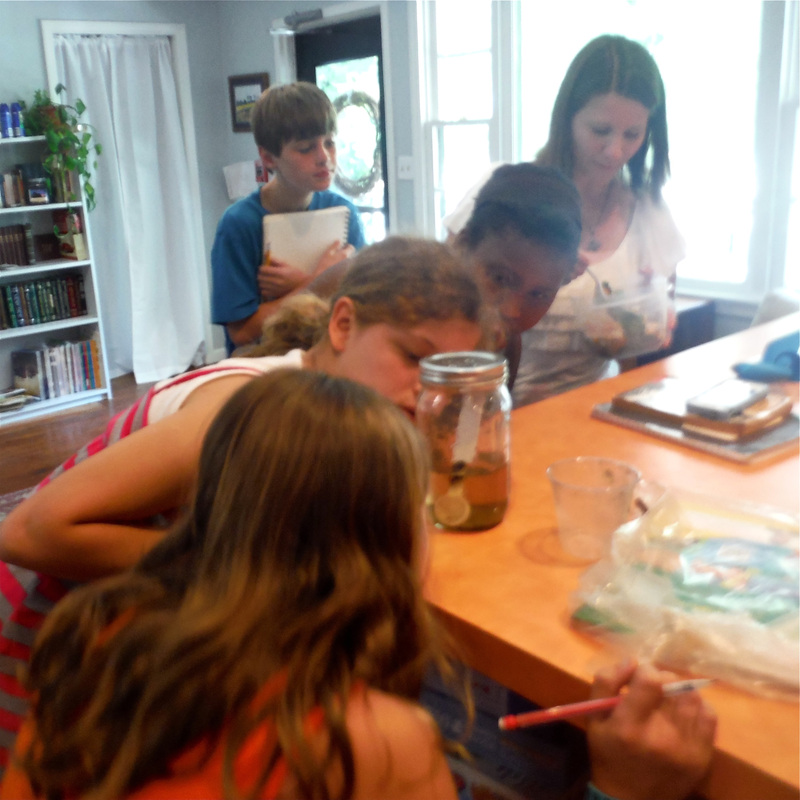
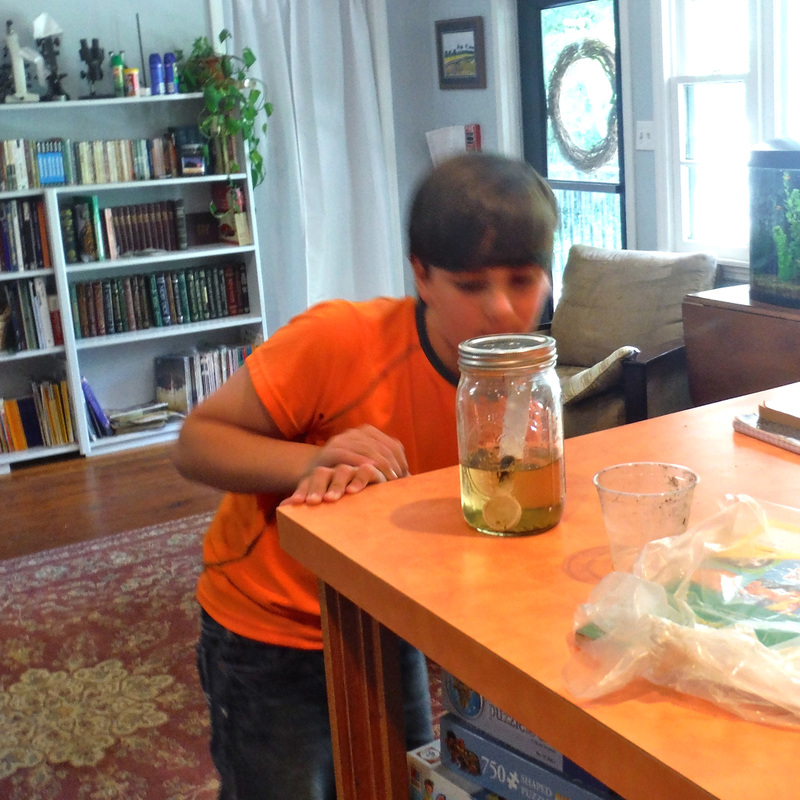
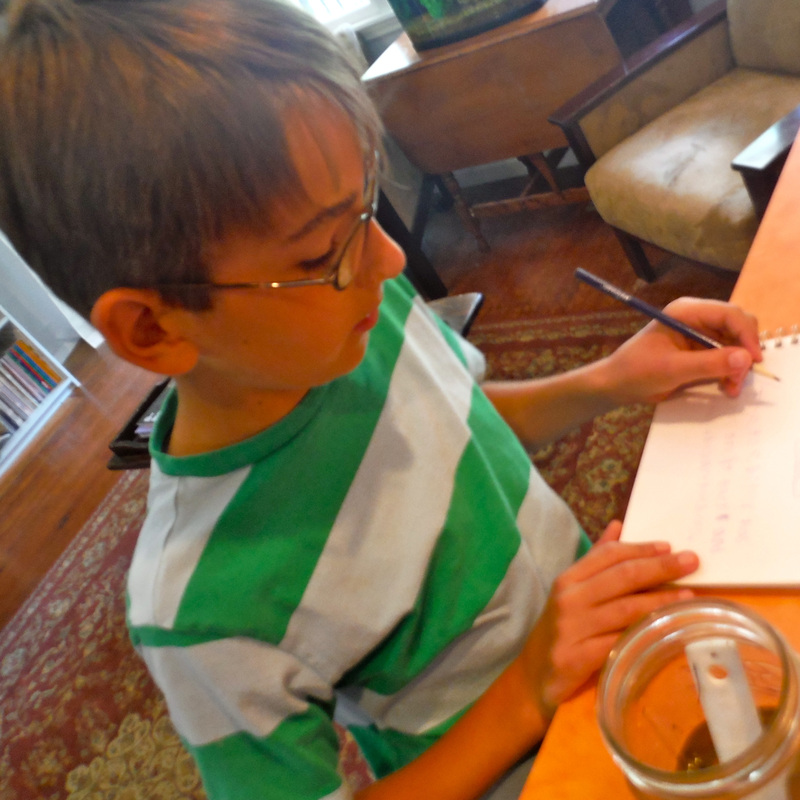
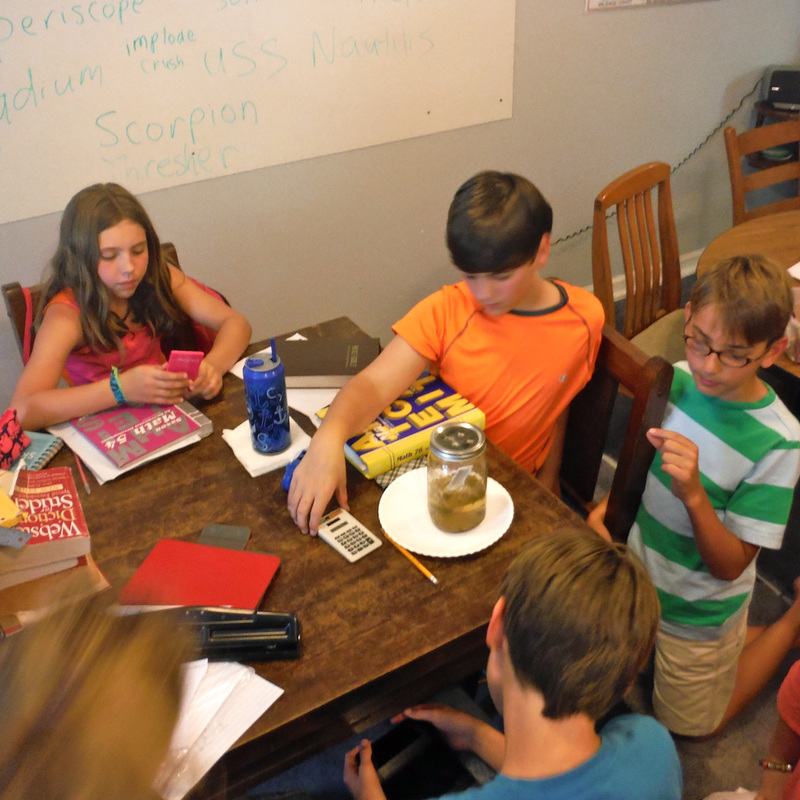
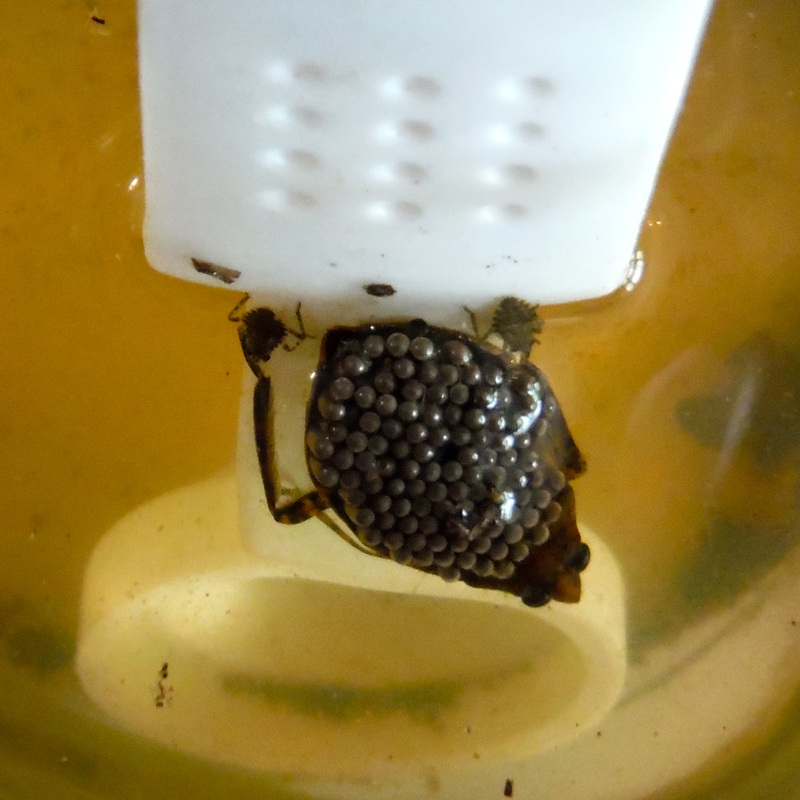
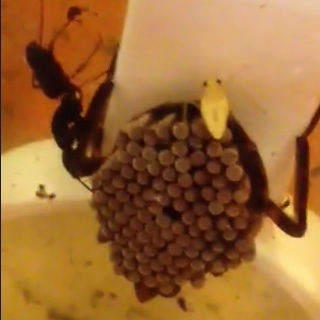
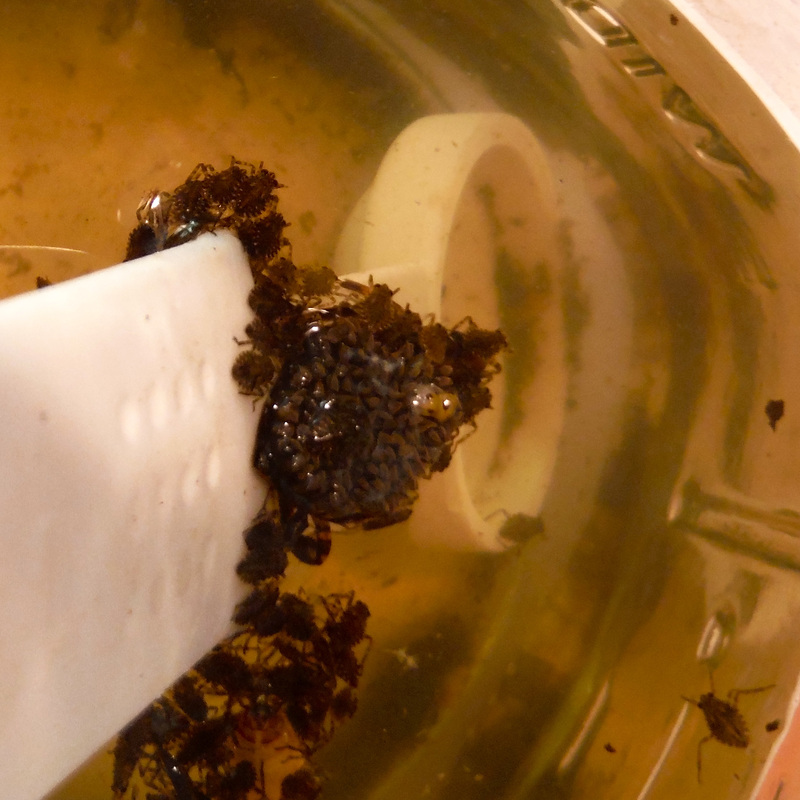
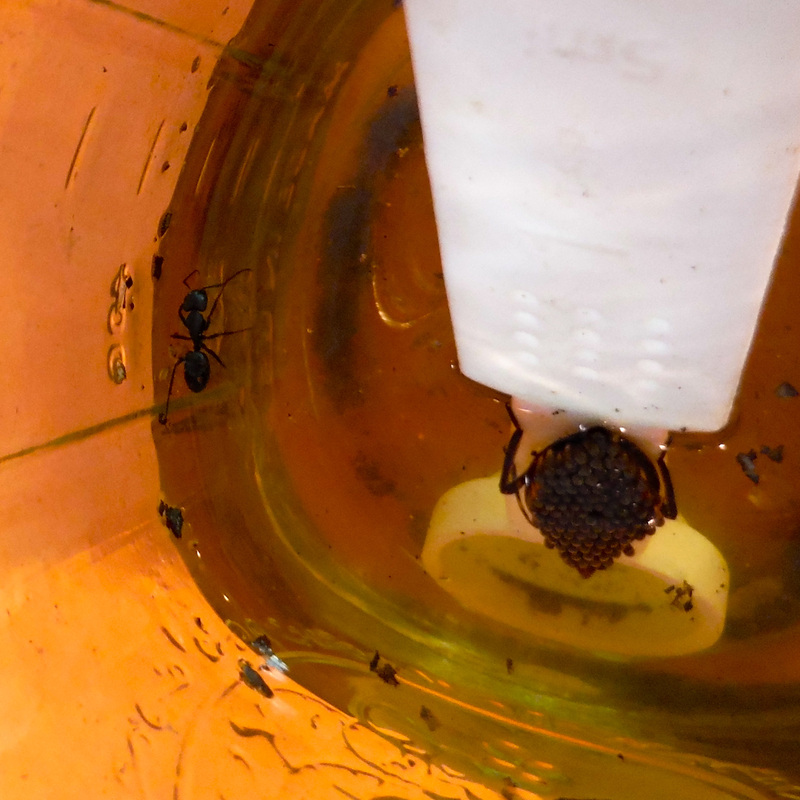
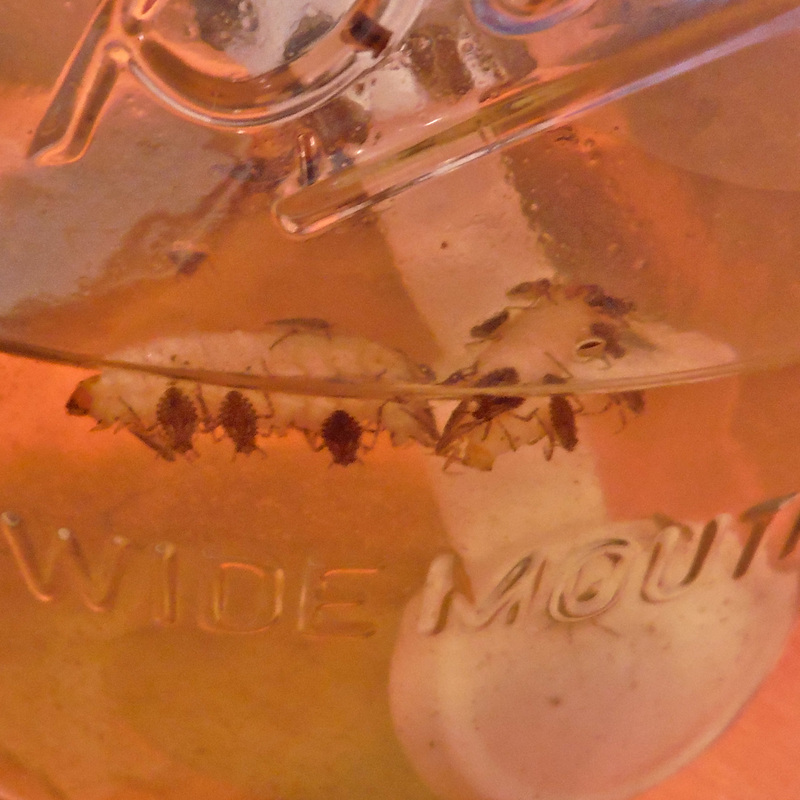
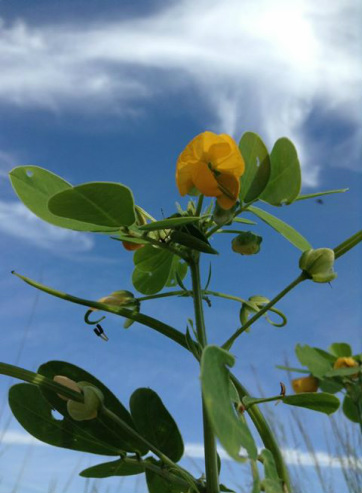
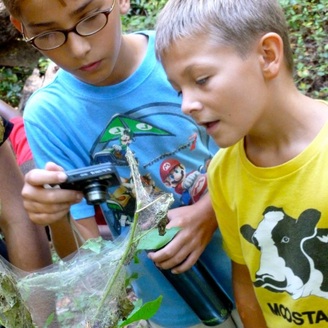
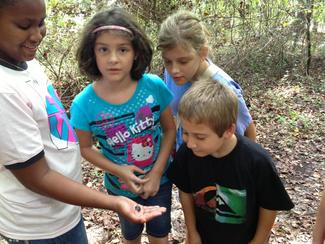
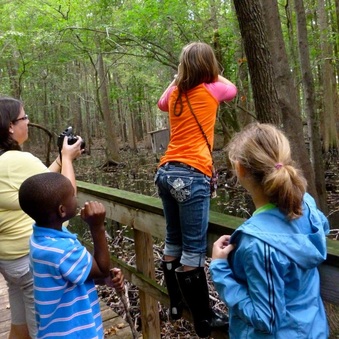
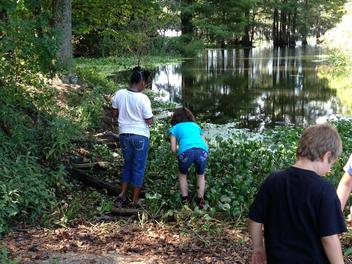
 RSS Feed
RSS Feed
